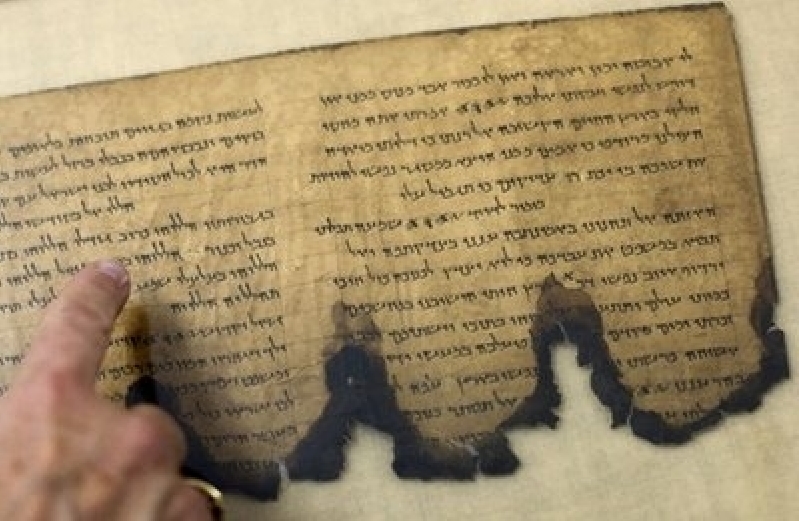
The Israel Museum and Google have collaborated to share the oldest biblical manuscripts with the world.
The 20 Dead Sea Scrolls, determined to be 2,000 years old, were written on parchment and papyrus paper which makes them susceptible to deterioration. They are known to be very sensitive to light due to their onion-skin like fragility.
The scrolls were found in the Khirbet Qumran Caves Northeast of the Dead Sea, supposedly on the eve of Jerusalem’s destruction by the Romans in 70 AD.
Originally in fragments, scholars were able to reconstruct the writings for viewing, producing 850 manuscripts.
The scrolls have remained on view in the Israel Museum since 1966, the pages and various passages being rotated to avoid excess exposure.
Israel Museum has now made the scrolls digital. The museum’s main website contains a “google” link which takes viewers to the “digital sea scroll” page.
There, descriptions of each scroll are provided, along with select commentaries and videos.
The first seven scrolls are provided online, including the Great Isaiah Scroll, which is the largest and most ancient biblical manuscript on earth.
The other digitalized scrolls include the War Scroll, Commentary on the Habakkuk Scroll, and Community Rule Scroll Temple Scroll.
High resolution photography, with features such as magnification, allows viewers to view the writings more easily than they could in the actual museum, which is usually crowded with visitors.
Viewers may also search by verse and chapter, which are highlighted to make the crowded text more manageable.
“[The google application] allows you to view from home, so you can begin to understand and appreciate the touchstones of modern western monotheistic culture,” said James H. Snyder, Anne and Jerome Fisher Director of the Museum of Israel.
The scrolls can also be translated from Hebrew to English, or viewers can submit their own translations in different languages.
“Google’s mission is to organize the world’s information and make in easily accessible and useful,” said Professor Yossi Matias, Head of Israel R&D Center for Google.
“[The digital versions] Make you an active reader. You have the chance to discover why these manuscripts became the greatest archaeological discovery of the 20th century,” said Adolfo D. Roitman, the Lizbeth and George Krupp curator of the Dead Sea Scrolls, Israel Museum.
The project, launched in January, serves as an interesting political move for Google.
Israel has not been able to garner much public approval with its recent actions, including Arab Spring and Mahmoud Abbas’s tense relationship with Barack Obama.
This, along with Palestine’s attempt for United Nation Statehood Approval, has made Israel more and more isolated over the past months.
“The Dead Sea Scrolls give us a new perspective about ancient life, society, and thought. They promote interfaith dialogue and an understanding between all human beings,” said Roitman.
The actual, tangible Dead Sea Scrolls will be on exhibition in Times Square beginning in October.







